At the Mises Institute’s Revisionist History of War Conference, our Walter E. Williams Fellow Wanjiru Njoya presented on “Reconstruction Reconsidered”.
She opens that:
“I’m particularly honored to be in a fellowship named for Walter Williams because […] he was a great supporter of the Southern cause, which is what I’m going to talk about today[:] why Walter E. Williams and Murray Rothbard were supporters of the Southern cause, and […] how we should talk about the Reconstruction era.”
Njoya explains that the talk’s purpose is to defend Dunning from Foner, a Marxist and the “real” revisionist. She begins by asking: “What is The Southern Cause?”
Personally I’m glad a Haitian and a Kenyan can hash this question out.
To define it, she quotes Jefferson Davis as recorded in The Rise and Fall of the Confederate Government (1881).
“When the cause was lost, what cause was it? Not that of the South only, but the cause of constitutional government, of the supremacy of law, of the natural rights of man.”
She quotes Rothbard’s 1994 lecture on Just War (given at the LvMI’s Costs of War Conference) where he hopes that one day the statues of Sherman, Grant, and Lincoln will be torn down for having opened the Pandora’s Box of genocide and the extermination of civilians:
“And then Davis and Lee and Jackson and Forrest, and all the heroes of the South, “Dixie” and the Stars and Bars, will once again be truly honored and remembered.”
So far, so good.
Then the talk moved into a direction I found strange. What was Foner’s sin?
“It's not just because they're a Marxist that you need to throw out their history. [T]hey view history through a particular lens […] of class conflict, or race conflict in this case. So, what they're asking us to do is to look at the history of the old south as racial conflict and forget everything else. Everything to them has to just be about conflict. And so what I want to try and say today is that it is not a history of conflict. In fact, it's a history of cooperation, and of bonds of loyalty and devotion and love, and that is what that history is. […] The conflict that we see in Reconstruction was brought into the South by the federal government and its agents through the Radical Republicans, through the Union Leagues. These are the people through the federal Freedmen's Bureau that went round the South causing trouble, fermenting conflict and violence. Lying to the freed slaves, blatantly telling them lies, making promises nobody could fulfill, and just creating a lot of hostility and conflict.
Against the “Marxist” charge of Southern Racism, she quotes John C. Calhoun’s 1837 speech to the Senate:
I fearlessly assert that the existing relation between the two races in the South, against which these blind fanatics are waging war, forms the most solid and durable foundation on which to rear free and stable political institutions.
As well, Jefferson Davis's response to Senator John Dix’s (R-NY) expressed view that it would be better for America if the slaves would be emancipated and allowed to die out:
“With surprise and horror, I heard this announcement of a policy which seeks, through poverty and degradation, the extinction of a race of human beings domesticated among us. We, sir, stand in such a relation to that people as creates a feeling of kindness and protection. We have attachments which have grown with us from childhood – to the old servant who nursed us in infancy, to the man who was the companion of our childhood, and the not less tender regard for those who have been reared under our protection. To hear their extinction treated as a matter of public policy or of speculative philosophy arouses our sympathy and our indignation.”
Wanjiru proceeds:
“I was about to tell you about Nathan Bedford Forest, you know, because I like to talk about him every time I speak about the the old South. So I was going to tell you all about how he rode to war with his slaves. You know, when Jefferson Davis talks about ‘the man who was the companion of our childhood’, that was the reason why many Confederate officers went to war with their slaves. So now the Marxists are saying ‘Well that doesn't count. It doesn't count because you know the only reason they brought them was so they could carry the the baggage and drive the horses and, you know, look after, feed, make sure the horses are well-fed.’ Well yes, that is not debunking the history, that's just describing the bonds of loyalty and devotion between them!”
This is a very problematic line of argument.
A Rebel With Two Causes
First, what is the Southern Cause? Davis says it is a universal struggle for rule of law and natural rights. The Union would and did claim the same for themselves. This does not answer the question.
I split the cause into Broad and Narrow.
The Broad Southern Cause is that the Scotch-Irish and Cavalier founding stock of the South have some unique and particular right to self-determination in the country (or part of the country) that they founded. To be recognized as the founding stock of the country, above all latecomers whether they be Italian or Iranian. Not to be ridiculed for asserting that they are “real Americans” in a way I am not and will never be, regardless of my citizenship. The Broad Southern Cause states that my uncles who earned citizenship through armed service are as American as Foederati were Roman.
The Narrow Southern Cause asserts that the right, just, and moral way to achieve the Broad Cause was (and potentially still is) by secession. That self-determination can only be achieved through national independence. That the four year experiment called the Confederate States of America represented the true and full expression of the Southern Dream.
It’s not my place to tell Southerners that they shouldn’t believe in the Narrow Cause. I’ll admit it doesn’t get my heart pounding in the same way as Palestinian Liberation. Still, I think the Broad Cause is easily defensible, and in fact compels me to defend it when I hear it denigrated. Strangely, I seem to be more animated by the Greater Cause than the average Southerner, who seems far more emotionally invested in the Lesser than seems to me productive.
Often, the Sons and Daughters of the Confederacy have more to say about the war’s causes and tactics than on its conduct and consequences. Thousands of man-hours spent not only relitigating but literally re-enacting Gettysburg, Pickett’s charge, or Bull Run. Endless counterfactuals about how it would have gone different if Jackson or Longstreet had zigged instead of zagged. They have considerably less to say about reconstruction. One could be forgiven for thinking that the Civil War itself was some sort of costumed re-enactment of the original 1776 War for Independence, in service of nothing more than lower taxes and personal honor.
Southern states spend more effort trying to recover captured flags than condemning the Freedmen’s Bureau and the Union League. And Wanjiru suggests the Bureau and the League were problematic not because they placed White Southerners under a totalitarian regime of racial terror, but because they disturbed a previous existing state of racial harmony. Is that what the Klan was responding to? Yankee troublemaking? Is that what Jim Crow was responding to? Lost love?
It is a moral fact that peoples, including White Southerners, have the right to self determination. It is a political fact that countries don’t let their agrarian heartlands leave without a fight. Davis could have abolished slavery and given every negro five hundred dollars and paid ticket back to Africa, it wouldn’t stop the federal government from pressing a claim on military installations in South Carolina.1
The Birth of a Nation, Indeed
Defending the Confederacy is like defending Bavaria, Lombardy–Venetia, or the Samurai. The Train of National Centralization was chugging along around the world, and some people came up on the wrong side of that. It wasn’t good but it wasn’t unique. More importantly, all the blood shed over it should have come out in the wash. Bavarian independence was a non-question by the time the Rhineland was remilitarized. Hitler and Mussolini put the Tyrol issue to bed permanently in March 1938. The Samurai had Tom Cruise.
So why are we still talking about this?
Even at the height of Bismarck’s Kulturkampf, which was the newly unified Germany’s own political effort to Reconstruct its conservative Southern folk, Bavaria was never set up as the archetype of Evil, nor did the entire culture of the German Army and foreign policy establishment come down to shutting down every enemy of the Second Reich as “another Bavaria.”2 Italy had to fight Austria three times to unify the peninsula, and Mussolini forced Tyrol Germans to change their names and speak Italian… but when he called Hitler’s Germany “a country of murderers and pederasts”, it was in defense of a free, independent, social, Catholic and united Austria. One of the most enduring songs of the Meiji Restoration is Battotai, a song about how the Imperial Army is going to kill the Samurai, but that they’re sorry to have to do it, and the Samurai are very brave for holding out this long.
Meanwhile, the US Army proudly sings a “Battle Hymn” about how God told them to burn down Atlanta!
The Stories That Really Mattered
LvMI’s President Thomas DiLorenzo has written three books about how the Great Unifier was a Great Monster.3 But DiLorenzo’s greatest insight is in his characterization of Lincoln’s generals, Grant, Sherman and Sheridan. It was in the blockade, the overland campaign, and the march to the sea that the uniquely evil nature of the Yankee Beast became clear.
The problem is that when you lay out the atrocities and perversions levied on the prostrate states of the South, it becomes abundantly clear why the Klan and Jim Crow came about. Frankly, it would be strange if they didn’t. But you don’t want to do the work of explaining that, you want to talk about how much Nathan Bedford Forrest actually loved Black people. A morally confused response to a vile Yankee premise that the March to the Sea was only unjustified if you prove to the perpetrator that your would have been invited to the cookout.
At least tell your Yankee interlocutor that nihilism is easy to start and hard to finish. It’s a fact that the South couldn’t rationally expect to secede without armed federal response no matter how good their arguments were? It’s a fact the Union bolstered its occupation policy with terroristic gangs of armed, marauding blacks, and they couldn’t do that expecting anything other than political and paramilitary backlash against the idea of armed Freedmen from local Whites. Once the Confederacy is gone and slavery with it, its prior existence can't be used to justify anything. There is no "Union", only the US Federal Government and its Armed Forces, and that’s where you need to keep the discussion.
But go further! “You had no right to do that to my ancestors, or to anyone else. It doesn’t matter if I’m sorry for slavery or not. I don’t own slaves anymore, but you still murder people en masse, and for flimsier reasons even if you have to manufacture them. Your legacy is butchery, your heritage is a hate more virulent than anything in the Cornerstone Speech, and I am claiming the mantle of the historically victimized whether you like it or not.”
Tellingly, your average Yankee who hears this line of argument about the Klan will express outrage at the suggestion that there was a brutal occupation policy, arguing that in fact all of America’s social and racial problem are downstream of the fact that the Federal Government, in a move both merciful and cowardly, didn’t mass-execute enough of the southern leadership.
Your ancestors may have been whites who owned blacks, but Uncle Sam doesn’t see Black versus White, he sees only the defeated and the demonic. From the South, to the Plains, to the Pacific, then the world. Hit that understanding, make the connection that the South was the first victim of the Total State of America: that what Sheridan practiced in the Shenandoa he preached over the Sioux, that Atlanta walked so Hiroshima could run. Let none tell you that you deserved any of it. The same Pershing that massacred villages in Minandao violated the Armistice of 11 November 1918. Fort Sumter is the Maine, Robert E. Lee is Emilio Aguinaldo, and the Klan are the Moro.
Kalayaan o Kamatayan!
Apparently Fort Sumter was originally owned by South Carolina outright, then sold to the Federal Government because the maintenence was expensive.
Rather curiously, too, since Hitler himself was an Austrian Catholic, but Prussian Militarism was cast as the villain of both Weltkriegs.
The Real Lincoln: A New Look at Abraham Lincoln, His Agenda, and an Unnecessary War (2003).
Lincoln Unmasked: What You're Not Supposed To Know about Dishonest Abe (2006).
The Problem with Lincoln (2020).

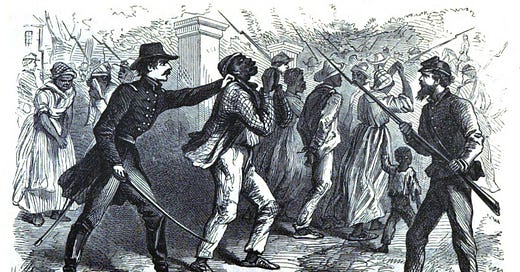



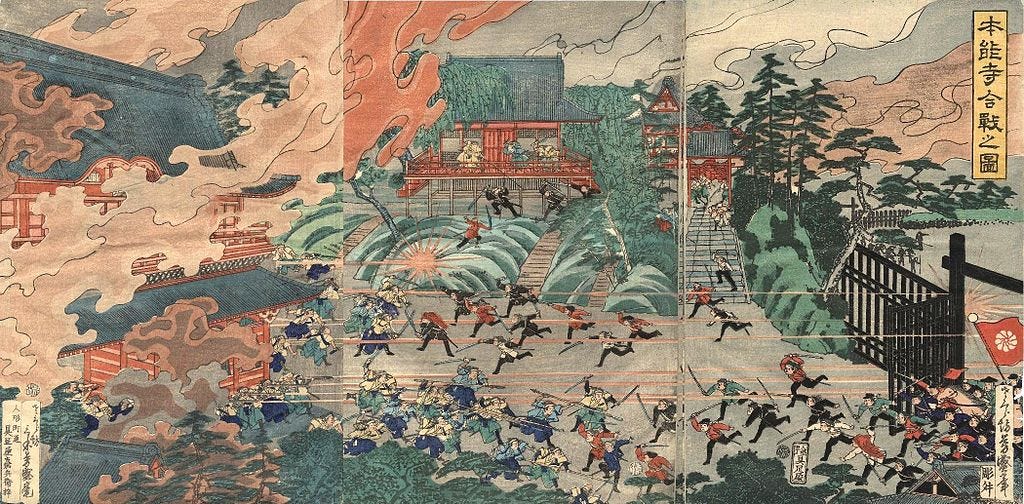
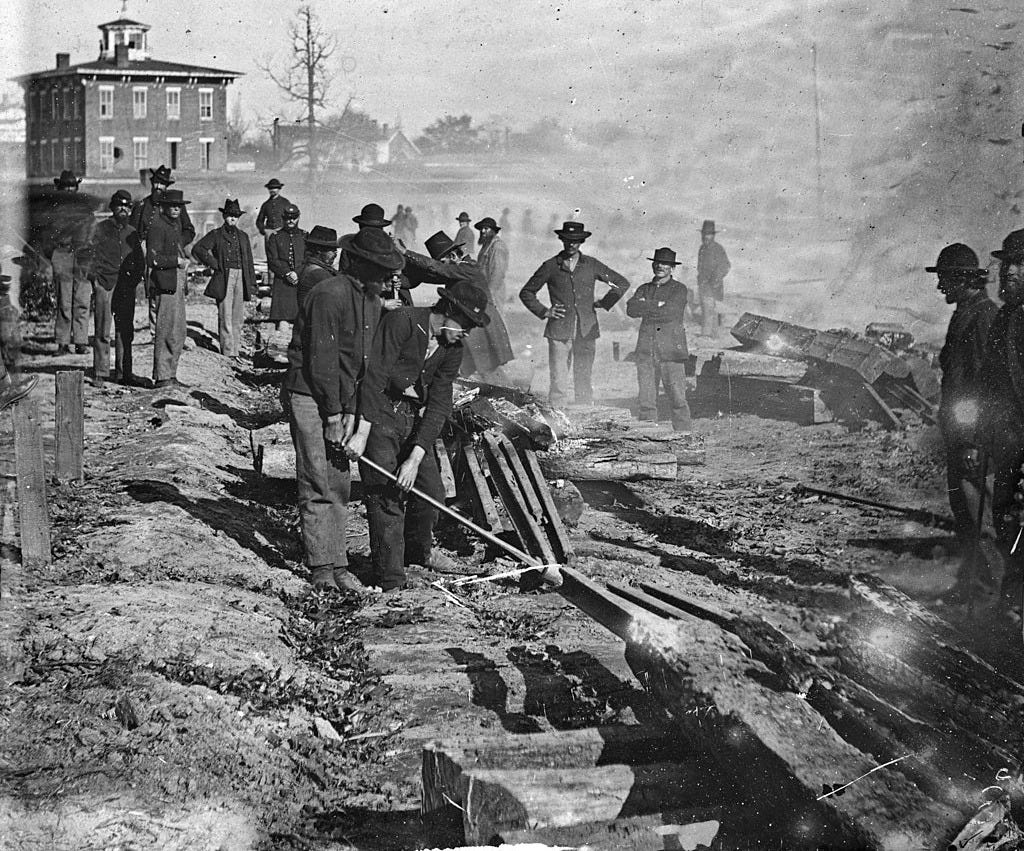

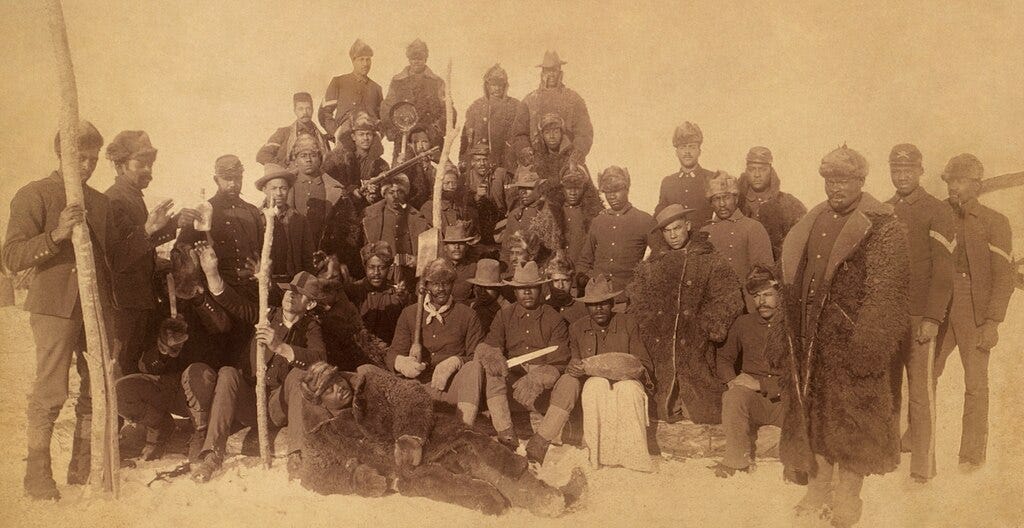
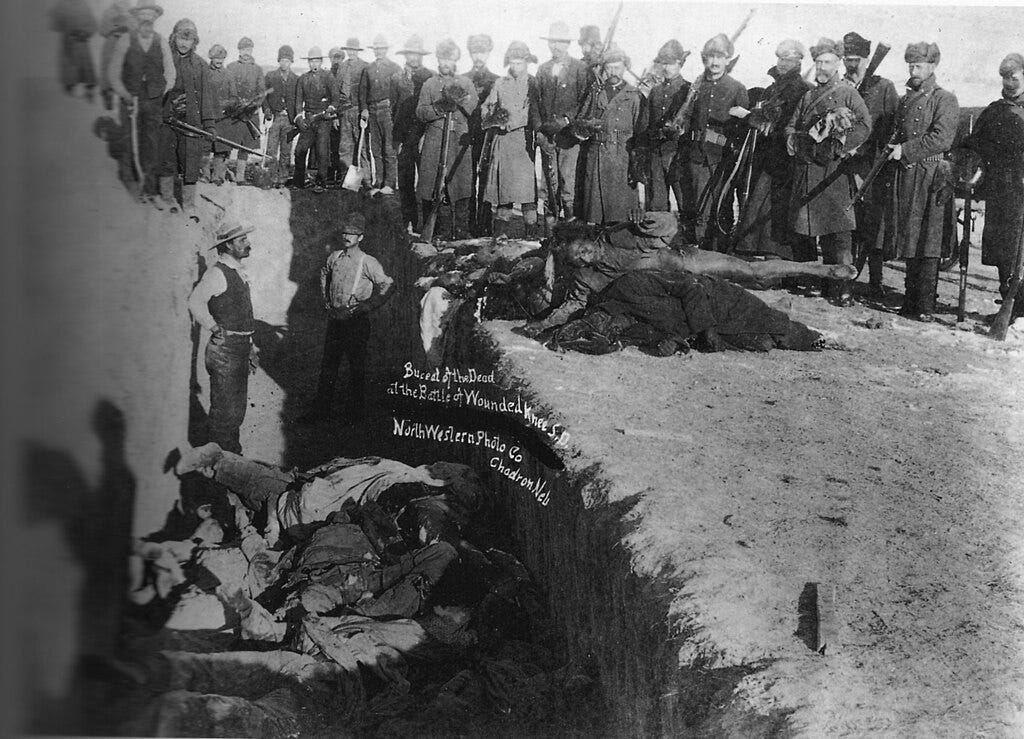

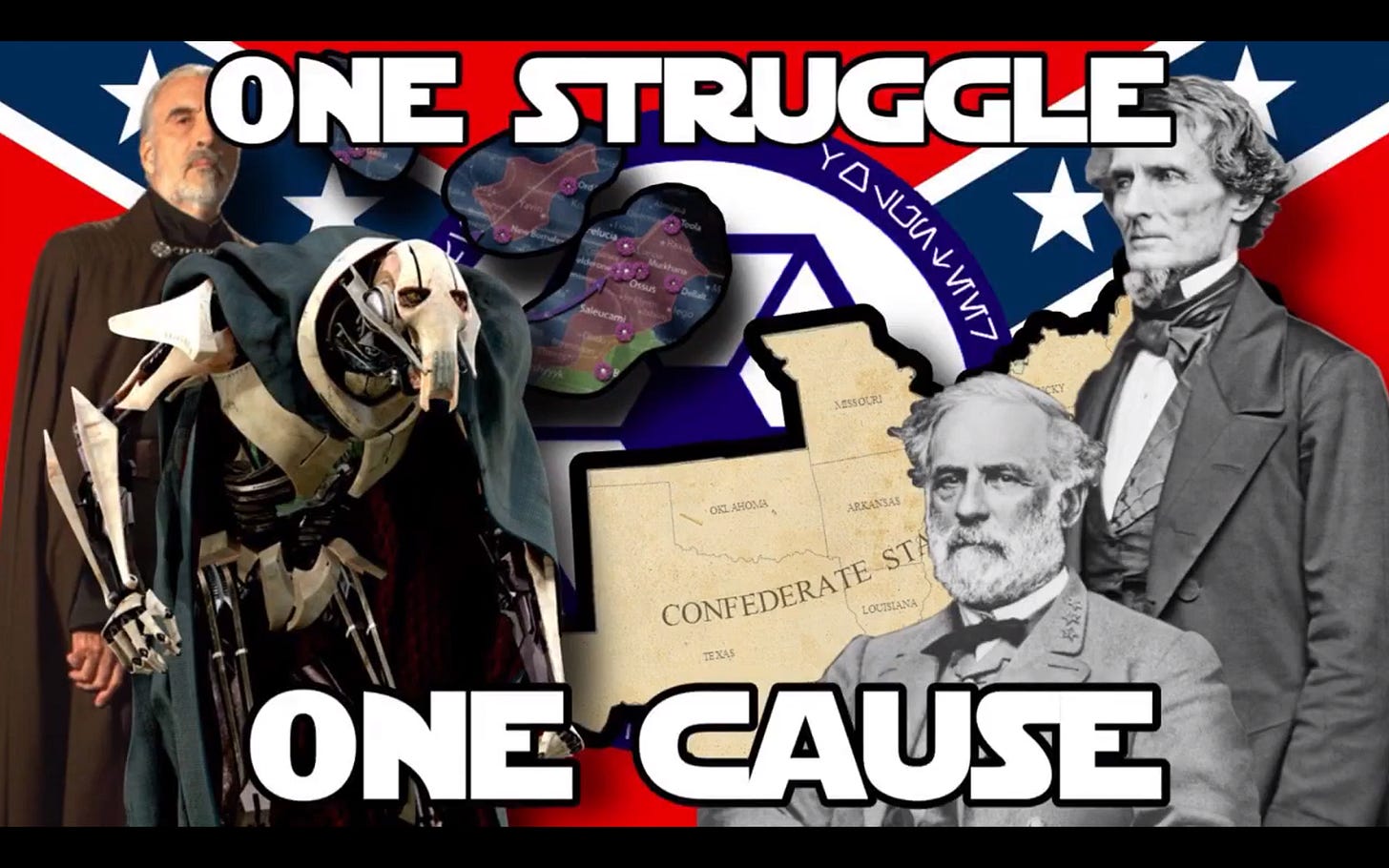
Imagine my confusion after getting the notification for this article in my phone, confusing "Bias Confirmations" with "Overcoming Bias" in my head, going straight to the content without reading the name of the author somehow, and halfway down wondering when did Robin Hanson become so based lol
Good article btw, shame that Njoya refuses to even read it.
What's Jojo Island about?